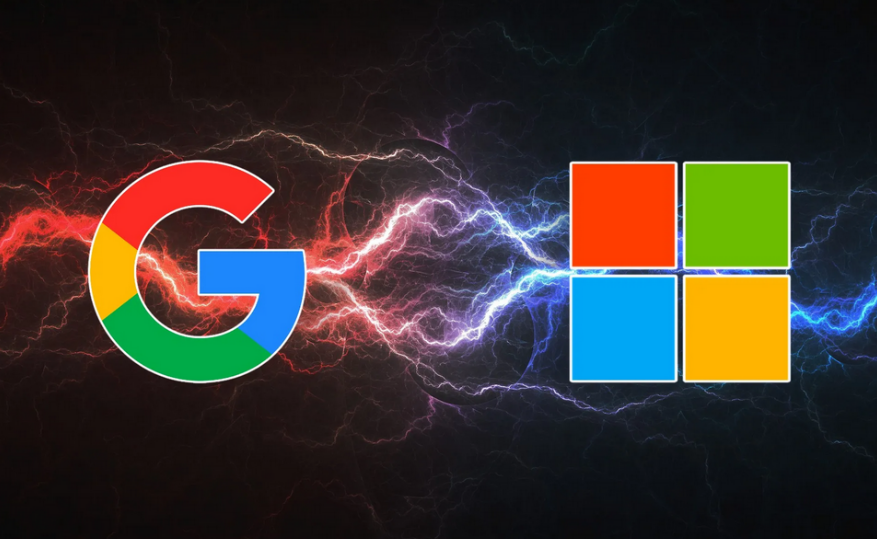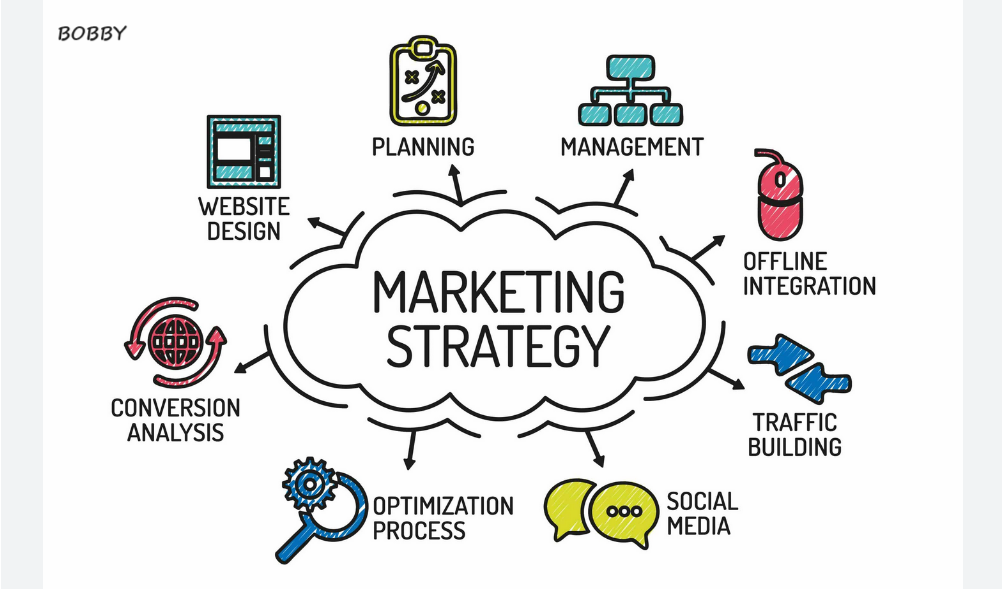On November 12, 2024, Ecosia and Qwant, two leading privacy-focused search engines in Europe, unveiled a historic collaboration to create an independent European search index. The joint initiative aims to reduce the continent’s reliance on US-based technology giants, particularly Google and Microsoft, which dominate the global search engine market.
Currently, Google commands more than 90% of worldwide search traffic, leaving competitors like Ecosia and Qwant dependent on Microsoft’s and Google’s technologies to deliver relevant search results. This dependency restricts innovation, increases operational costs, and reduces European control over critical digital infrastructure. By creating a proprietary search index, these companies aim to establish a more autonomous, privacy-focused, and competitive search ecosystem in Europe.
The Birth of European Search Perspective (EUSP)
To formalize their collaboration, Ecosia and Qwant have established European Search Perspective (EUSP), a 50/50 joint venture headquartered in Paris. Led by Olivier Abecassis, CEO of Qwant, the initiative is designed to provide European users with an independent, privacy-conscious alternative to US-controlled search engines while laying the groundwork for AI-driven search technologies.
EUSP has multiple strategic objectives:
-
Strengthening European digital sovereignty – Reducing reliance on search indexes owned by US companies.
-
Providing an independent search option – Allowing Europeans to access search services managed by European entities.
-
Enhancing search quality and relevance – Delivering optimized results tailored for users in France, Germany, and other EU countries.
-
Supporting next-generation AI technologies – Establishing infrastructure for artificial intelligence-based search tools.
Unlike a full replacement for Google or Bing, Ecosia and Qwant will continue leveraging external search results where necessary. However, developing their own index reduces dependence on these platforms, cuts costs, and enhances flexibility for future AI integration.
How EUSP Will Function
EUSP will be built upon Qwant’s redesigned 2023 platform, which emphasizes speed, relevance, and user privacy. Both search engines will use this index, and other European services can join the initiative, contributing to a collaborative ecosystem that benefits multiple stakeholders.
The independent search index will focus on providing:
-
Localized and contextually relevant results for European users
-
Privacy protection, minimizing the need to track or store personal user data
-
Infrastructure support for developers building AI-powered search solutions
By pooling resources, the index ensures that smaller European search engines can compete effectively with tech giants without compromising quality or user privacy.
Leveraging the EU Digital Markets Act
The timing of EUSP’s launch is closely aligned with the EU Digital Markets Act (DMA), which came into force in 2024. The DMA regulates Big Tech “gatekeepers,” including Google, Microsoft, Amazon, Apple, Meta, ByteDance, and Booking, requiring them to:
-
Provide access to essential data for competitors
-
Support third-party payment systems
-
Allow users to choose preferred browsers and search engines
-
Permit alternative app stores
Ecosia’s CEO, Christian Kroll, emphasized that the DMA plays a crucial role in enabling EUSP, allowing European search engines to develop independent indexes without violating antitrust laws. By leveraging this regulation, EUSP can establish a truly autonomous and competitive search ecosystem.
Ecosia and Qwant’s Motivations
Ecosia, headquartered in Berlin, is a nonprofit that channels search revenue into climate and reforestation projects. Reducing reliance on US search engines allows Ecosia to allocate more resources to environmental initiatives while maintaining privacy-focused search services.
Qwant, a French search engine, prioritizes user privacy and seeks to create a secure, independent alternative to global search platforms. For Qwant, EUSP strengthens its mission of protecting European users’ data while delivering high-quality search results.
Benefits of EUSP
The EUSP initiative offers numerous advantages for users, businesses, and Europe’s technology ecosystem:
-
Digital sovereignty – Less dependence on US tech infrastructure.
-
Cost efficiency – Reduces fees associated with using Google or Bing APIs.
-
Enhanced search quality – Optimized results for European users.
-
Privacy protection – Safeguards user data while delivering relevant results.
-
Support for AI innovation – Provides infrastructure for AI-powered search applications.
-
Collaborative growth – Encourages other European search engines to participate, fostering innovation and competition.
By creating a European-owned search index, Ecosia and Qwant empower smaller companies, increase transparency, and lay the foundation for AI-driven search tools.
Roadmap and Future Plans
EUSP aims to launch fully operational services by early 2025, initially targeting France and Germany. Over time, the project could expand across additional European nations, reinforcing the continent’s digital independence.
Beyond search, EUSP is expected to provide infrastructure for GenAI-powered tools, supporting developers in building intelligent, privacy-first applications. This aligns with Europe’s broader strategy to compete globally in the digital economy while protecting citizens’ rights and personal data.
A Strategic Response to US Tech Dominance
The collaboration between Ecosia and Qwant reflects a strategic response to the overwhelming dominance of US tech companies. With Google and Microsoft controlling the majority of search traffic and related infrastructure, creating a European index ensures that Europe retains autonomy over its digital future.
EUSP also sets an example for other industries, demonstrating how European companies can collaborate to reduce dependence on external tech giants, enhance user privacy, and foster innovation.
Conclusion
The Ecosia-Qwant partnership represents a major milestone in the quest for European digital sovereignty. Through the European Search Perspective (EUSP), the companies aim to deliver an independent, privacy-focused search experience, reduce reliance on US tech infrastructure, and support next-generation AI search technologies.
Backed by the EU Digital Markets Act, EUSP can help build a sustainable, user-friendly, and competitive European search ecosystem. By fostering collaboration among privacy-conscious tech companies, EUSP ensures that European users have access to high-quality, secure, and independent search services while paving the way for the continent to compete in the global digital economy.
The initiative demonstrates that European digital infrastructure can innovate and thrive, offering both technological independence and enhanced privacy protections. With EUSP, Ecosia and Qwant are leading the way in redefining the future of search in Europe.




